Breaking
- MENU
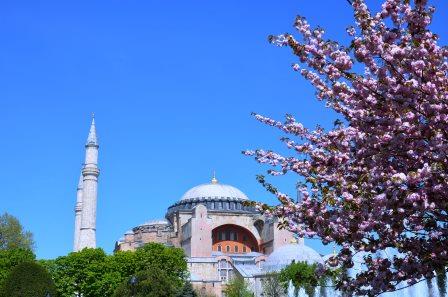
There is a wonderful story about Caliph Umar which I am particularly drawn to as a Muslim. Following the siege of Jerusalem between 636 and 638, the Patriarch Sophronius agreed to surrender the city only on condition that he surrendered to the Caliph personally. Caliph Umar duly travelled to the city, accepted the surrender and provided a guarantee of civil and religious liberty to all Christians residing there. Moreover, following almost half a millennium of oppressive Roman rule, the caliph allowed Jews to return to live inside the city.
Caliph Umar’s ten-day sojourn in Jerusalem was important for another reason too, which has great relevance to contemporary times as we struggle to reside in multi-faith communities. One day, during Muslim mid-day prayers, Patriarch Sophronius invited the Caliph to pray in the Church of the Holy Sepulchre. Caliph Umar, however, politely declined the invitation fearing that it might endanger the Church as a place of Christian worship. In other words, he feared that Muslims might use his prayer in the Church as a reason to convert the church into a mosque.
Islamists such as Turkish strongman President Recep Tayyip Erdogan revere the Rashidun or rightly guided caliphs such as Umar and seek to emulate them. Sadly, with his decision to convert Istanbul’s iconic Hagia Sophia into a mosque again, Erdogan is moving in the opposite direction of Caliph Umar. Originally, built by Emperor Justinian-I in 537, it lies at the spiritual heart of Orthodox Christianity. Following the Ottoman conquest of the then Constantinople in 1453, it was converted into a mosque. Under the staunchly secular leadership of Mustafa Kemal Ataturk, Hagia Sophia was converted into a museum that transcends different faiths and cultures with its minarets on the perimeter and Byzantine Christian mosaics adorning it. Orhan Pamuk, Turkey’s most famous novelist opined, “To convert it back into a mosque is to say to the rest of the world unfortunately we are not secular anymore. There are millions of secular Turks like me who are crying against this but their voices are not heard”.
So, what is driving Ankara’s desire to open the Hagia Sophia to Muslim prayers once more. For some, it is a cynical political act. With an economy in free fall, with growing repression and corruption, Erdogan is trying to once again appeal to his devout Muslim base. For others, the conversion of Hagia Sophia back to a mosque is in keeping with Erdogan’s 2012 declaration that his aim is to raise devout generations of Muslims. If one accepts the former explanation, the Hagia Sophia controversy, will only result in a short-term bump in Erdogan’s flagging popularity. It will do nothing for the structural reforms urgently required in the economy. It will not reverse the corruption and nepotism which has characterized his rule nor assist in creating a freer society.
If one accepts the latter argument that Hagia Sophia’s conversion into a mosque is all about Islamizing Turkish society, the most interesting aspect of Erdogan and his Justice and Development Party’s (AKP) political dominance is how effectively they have contributed to secularizing Turkish society. An April 2017 report discussed at the Turkish Ministry of Education noted that more and more youth at the state sponsored “Imam Hatip” schools were turning to deism – a belief in God but not religion – whilst others were increasingly turning to atheism. It would seem that Turkey’s Muslim youth has found the AKP’s “archaic interpretations of Islam” unappealing. Whilst Ankara was angered by the report, disputing its findings, Mustafa Ozturk, a progressive Islamic theologian, agreed with the contents of the report arguing that a younger generation of Turks have grown disillusioned of the Islamist worldview.
The findings of the report were also echoed by an exhaustive Pew Survey of the Muslim world which found that a paltry 12 percent of Turks actually desire Sharia to be the official law in their country. A 2019 poll of Turkish youth found that they were less religiously conservative, less likely to fast, pray or, if female, cover their hair. A 2020 poll found that only 12 percent of Turks trust Islamic clerics suggesting that Erdogan and the AKP are increasingly out of step with their own society. Perhaps most tellingly, another recent survey of youth who support Erdogan’s AKP found that almost half want to emigrate from Turkey. Their country of preference, Switzerland – not Saudi Arabia.
This has prompted renowned Turkish author Mustafa Akyol to opine that despite, or perhaps because of, its attempts to re-Islamize Turkey, the AKP has only served to accelerate its secularization. This would suggest that the Hagia Sophia may well become a museum again in the not so distant future.
As part of its editorial policy, the MEI@ND standardizes spelling and date formats to make the text uniformly accessible and stylistically consistent. The views expressed here are those of the author and do not necessarily reflect the views/positions of the MEI@ND. Editor, MEI@ND: P R Kumaraswamy
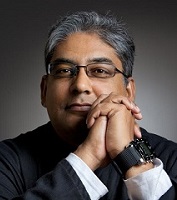
Prof Hussein Solomon is an expert on conflict resolution, fundamentalism. He is a member of the International Advisory Council of the Toda Institute for Global Peace and Policy Research in Hawaii
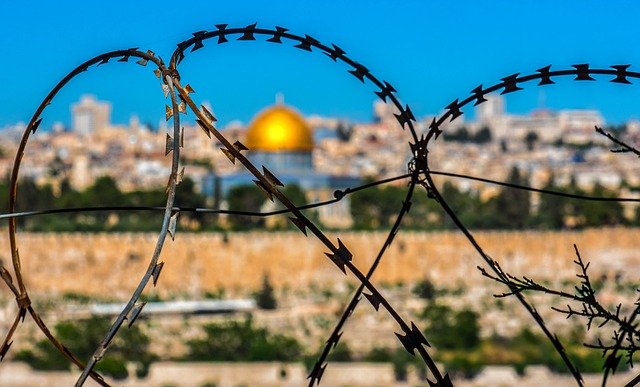
I’ve attempted to refrain from commenting on the Hamas-Israeli conflict, and failed. As an old.....

Much media attention was paid to the so-called Abrahamic Accords signed between Israel and the Unite.....
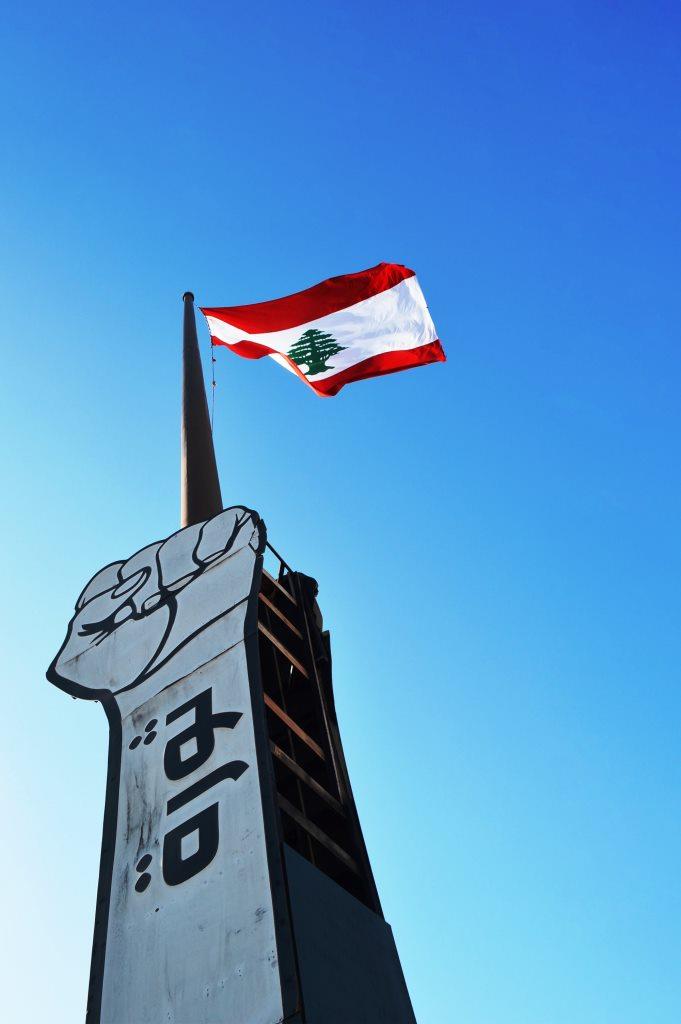
How does one manage a fractious polity with multiple identities existing amongst citizens? Some anal.....
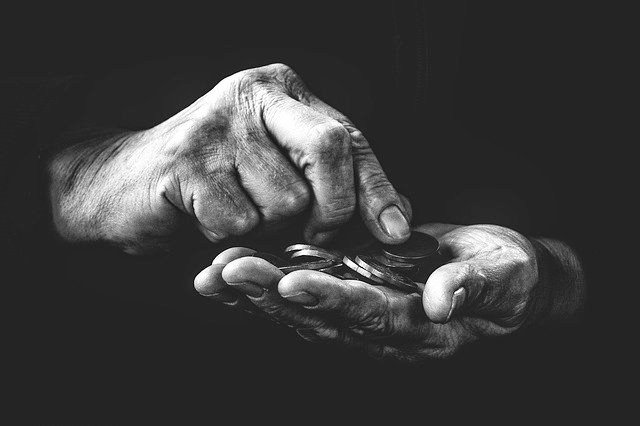
Exploring the Interface between Rentier States and Authoritarianism The Middle East North Africa .....
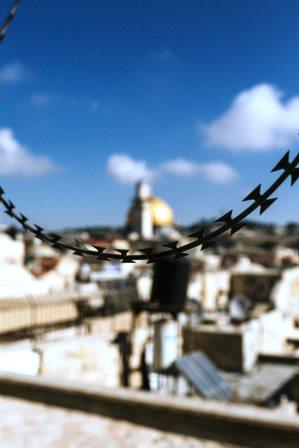
As a child, this triple Abrahamic tradition in my family has always fascinated me as I attended a Ca.....

The ruling Saudi family has historically drawn their legitimacy from their proximity to the conserva.....

1. INTRODUCTION: FRAMEWORK OF ANALYSIS “Prior to September 11, 2001, Hezbollah was re.....
